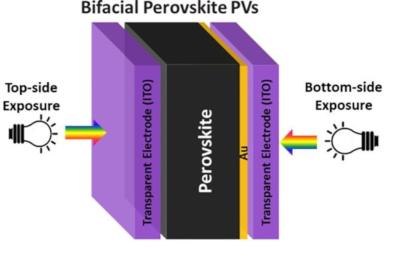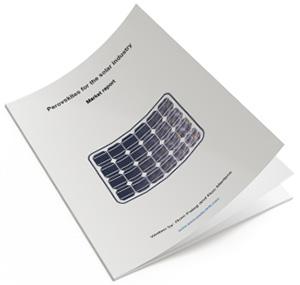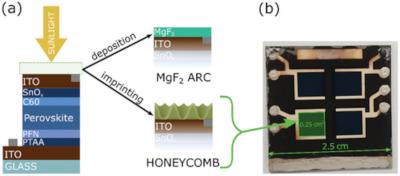Researchers develop method for fabrication of perovskite solar cells in ambient air
Existing fabrication processes for creating efficient metal halide perovskite solar cells (PSCs) require an inert (i.e., chemically inactive) atmosphere, such as that within a nitrogen glovebox. Recently, researchers from China's North China Electric Power University have introduced a strategy to create PSCs with PCEs above 25% in ambient air.
This strategy is hoped to accelerate commercialization of PSCs. "The fabrication of perovskite solar cells (PSCs) in ambient air can accelerate their industrialization," Luyao Yan, Hao Huang and their colleagues wrote in their paper. "However, moisture induces severe decomposition of the perovskite layer, limiting the device efficiency. We show that sites near vacancy defects absorb water molecules and trigger the hydration of the perovskite, eventually leading to the degradation of the material." To fabricate their solar cells in ambient air conditions, the scientists blocked the pathway through which perovskite layers can become hydrated and consequently suffer severe damage. They did this using the acetate salt form of the chemical compound guanabenz, known as GBA.









